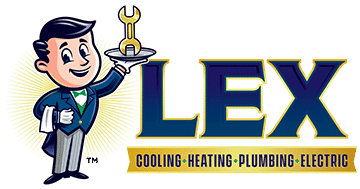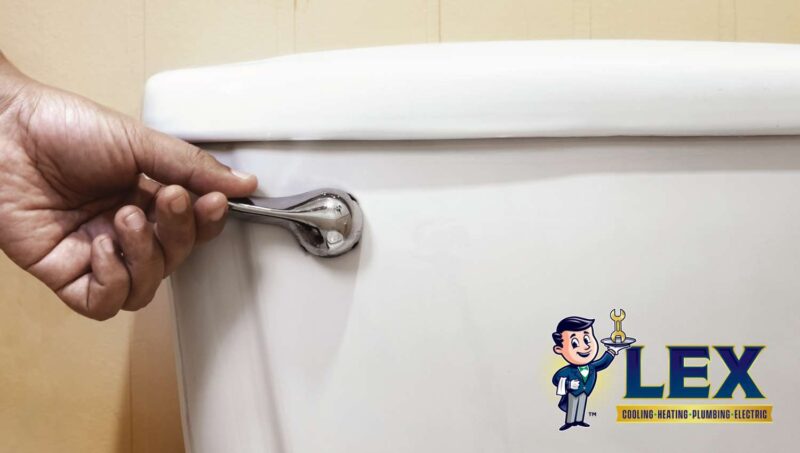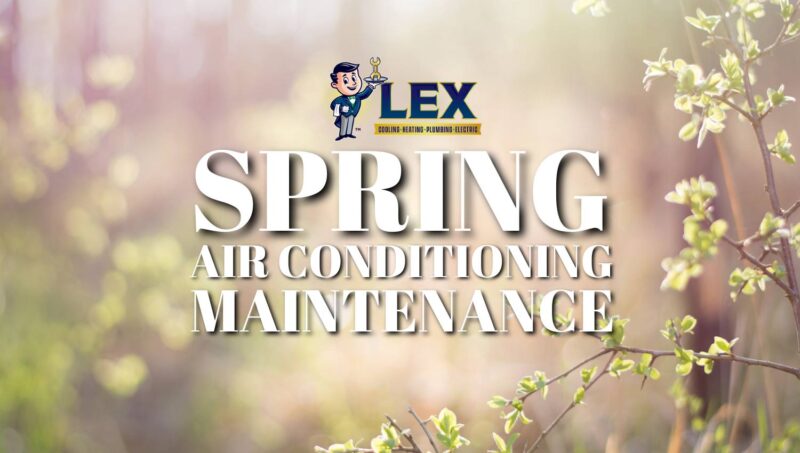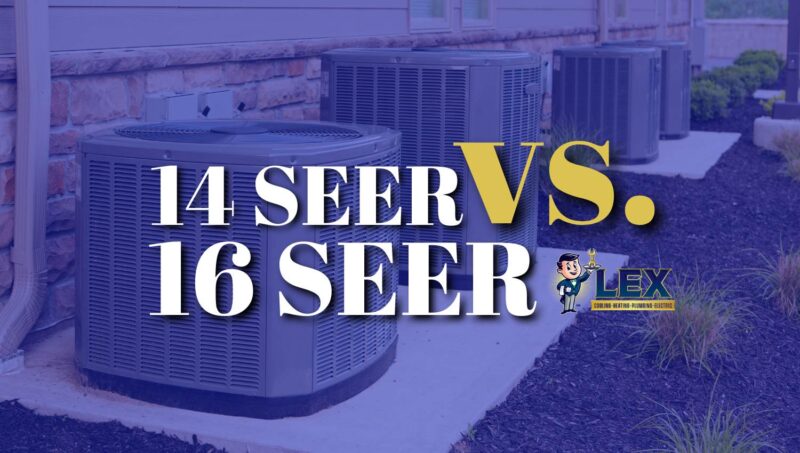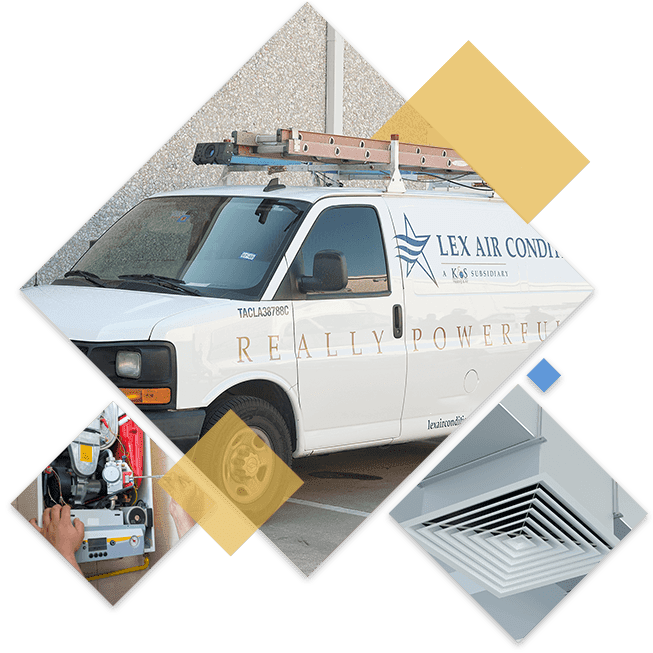In the warm climate of Carrollton, Plano, and other surrounding North Dallas neighborhoods, you need a reliable air conditioner that will keep your home cool for many years to come. If you’re wondering how long your AC should last and what you can do to make sure it has a long, healthy life, here are the answers.
How Long Does an Air Conditioner Last?
Installing an HVAC system is a big expense. Air conditioning units average between $3,000 and $5,000 but can cost as much as $12,000 if you choose a zoned system or one with a high SEER rating. However, it’s a purchase that should last many years, provided it’s well-maintained. HVAC systems have an average lifespan of 15-20 years. An air conditioning unit should last 10-15 years. If you’re opting for a heat pump, it should last at least 15 years.
How Should I Maintain an Air Conditioner?
Regular air conditioning maintenance is crucial for a well-functioning unit. It keeps your AC operating efficiently, detects problems early, and reduces the need for costly air conditioning repairs.
You can perform some DIY maintenance to keep your AC running smoothly. It’s a good idea to change the air filter regularly, dust around air vents, clean the evaporator coil, and clear away dirt, leaves, and debris around the outdoor unit. In addition, get the pros in for a regular check-up and more advanced maintenance. It’s best to schedule an annual service with your HVAC contractor during springtime before the summer heat descends. A professional HVAC technician should do the following:
- Check refrigerant levels
- Check the condition of the fan
- Inspect the condensate drain
- Inspect the ductwork for leaks
- Have the ductwork cleaned
- Check the coil fins and straighten them if they are bent
- Oil the condenser motor
- Test the thermostat and calibrate it, if necessary
- Check the air filter and replace it if dirty
- Lubricate the blower motor
- Run both the cooling and heating cycles to make sure the entire HVAC system is functioning properly
What Are the Signs That My Air Conditioner Is About to Fail?
If you are vigilant about HVAC maintenance, your AC should run smoothly and keep your North Dallas home comfortable for many years without too many problems. However, wear-and-tear does occur and equipment can fail. If you notice any of the following signs, your unit may be reaching the end of its lifespan:
- Weak airflow. This could be a minor issue such as the ducts and vents being blocked by accumulated dust and dirt. A quick cleaning will solve the problem. If debris is not the problem, it could mean the compressor is failing.
- Unusual noises. Air conditioners normally have a humming noise. However, if there are strange hisses or clanking sounds, ask your HVAC technician to investigate.
- Frequent cycling. The period between when an air conditioner turns on and when it turns off after reaching the desired temperature is called a cycle. Pay attention to an air conditioner that is short cycling. If left unchecked, frequent cycling will result in an early death for your air conditioner as it places the unit, especially the compressor, under strain.
- Water pooling near the outdoor unit. Due to condensation, a slight water drip near the AC unit is normal. If, however, you find large puddles around the outdoor unit that don’t dry up quickly, something is wrong. If the refrigerant is leaking instead of water, this is a serious problem that needs attention. A refrigerant leak causes ice to form on the evaporator coil and along the copper refrigerant lines. If this is the case, shut off your air conditioner and call a professional.
Lex Air Conditioning and Heating have trusted heating and cooling experts in Carrollton, Texas, and the surrounding areas. If you have any questions about air conditioning maintenance, or if you need help with repairs or a new air conditioner installation, don’t hesitate to call us at (972) 217-8955
